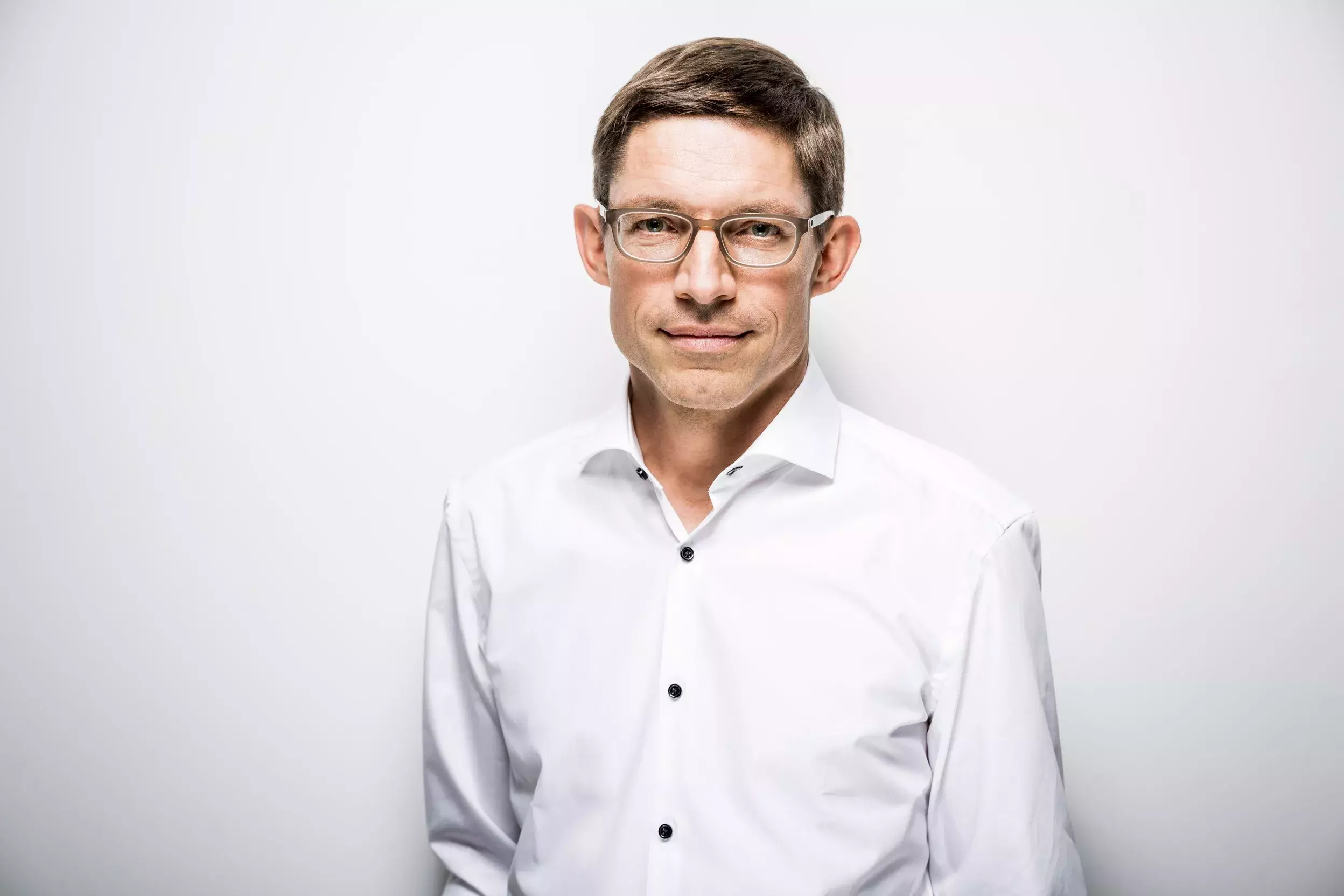Talking to Matthias Baer
Matthias Baer, alumnus of the CAS in Corporate Responsibility 2020, heads public affairs at the Zürcher Kantonalbank. In his role he is responsible for the bank’s relations with policy-makers, and supports the board of directors and the general management.
Why did you choose the CAS in Corporate Responsibility program at the ZHAW School of Management and Law?
Corporate responsibility is of particular importance for a public company like Zürcher Kantonalbank. Political lobbying activity must be in line with the values of the company, but also with the values of society and politics. This motivated me to sign up for the program. At the same time, sustainability and climate protection have become increasingly important for the financial sector.
“Climate change and its consequences are topics that concern me very much, both personally and professionally. I would like to make a small contribution to overcoming this great social challenge.”
Matthias Baer
What do you think are the benefits of the CAS in Corporate Responsibility in terms of your day-to-day business?
I appreciated the fact that the program deliberately chose a strategic perspective by addressing the question of how a company can better achieve its own corporate goals by assuming responsibility for society. Of course, the ethical perspective is very important and, for participants, probably the basic motivation for doing such a program. In order to be more convincing in matters of sustainability when talking to your management, you also need strategic arguments. And this is where the CAS helps. I also had the opportunity to work on a proposal as part of a course assignment on how political and societal topics such as corporate responsibility, corporate citizenship, corporate governance, and public and regulatory affairs could be more closely coordinated within Zürcher Kantonalbank. I hope that the coordinated commitment in these areas will generate real added value for the bank, its engagement, and its image.
What were your personal highlights during the program?
There were many. If I had to single out one highlight in particular, it would be the presentations on practical issues. Here, pioneers talked about how they made sustainable changes to their business. A printer told us that he was among the first in the world to apply the principle of 100 percent recycling management – his products never become waste but can be reused endlessly. We also heard from the manager of a leather accessories label who relies on socially and ecologically responsible value chains – the company knows where the raw materials come from, what processes they are used with, and who is behind them. And then there was the managing director of a producer of organic cotton textiles, who ensures fair and transparent processes from the cotton harvest to the finished shirt.
“Two things in particular have stayed with me: Firstly, in order to be really sustainable, you should leave no stone unturned in your industry but take a close look at every tiny process. Secondly, if you want it to, it will work. And you will even be successful.”
Matthias Baer
How did you experience the class?
I always looked forward to my class days, not least because of the very diverse composition of the class. We had people at the beginning of their professional careers and people looking for a new professional challenge. They came from a wide variety of industries – with a lot or little experience in matters of corporate responsibility. Exciting discussions always developed – in class and during breaks. Depending on the topic, course participants were able to contribute their specialist knowledge: For example, the person responsible for the sustainability of the fruit and vegetables sold by a major distributor or the manager of an SME in the process of converting its production in sustainable ways.
What did you appreciate about the lecturers?
They consistently convinced me with their specialist knowledge, the way in which they conveyed it, and also the wide range of opportunities they created to enable us to contribute. This also worked when classes had to be switched to homeschooling due to the corona pandemic. We met in Zoom breakout sessions and did our group assignments there. This program is not simply delivered but carefully designed and supported by those responsible at ZHAW.
Looking back, would you choose this continuing education program again?
Absolutely. The question of how companies can take on social and political responsibility and thus contribute to their success will remain relevant; on the contrary, it will gain in importance – not only because of climate change, but because overall awareness of social and ecological issues is growing. The program provides a solid foundation that serves participants in a wide variety of professional contexts and tasks.
CAS Corporate Responsibility
The CAS in Corporate Responsibility provides participants with the tools they need to embed corporate responsibility and sustainability management as a strategic goal and thereby contribute to the success of a company. Specialists teach the content of this program with a balanced mix of current concepts and instruments as well as practical examples.
